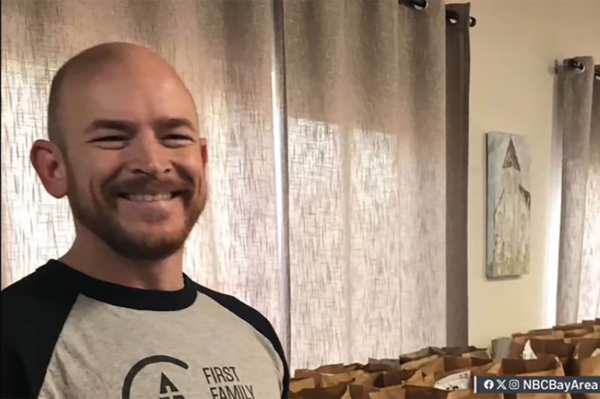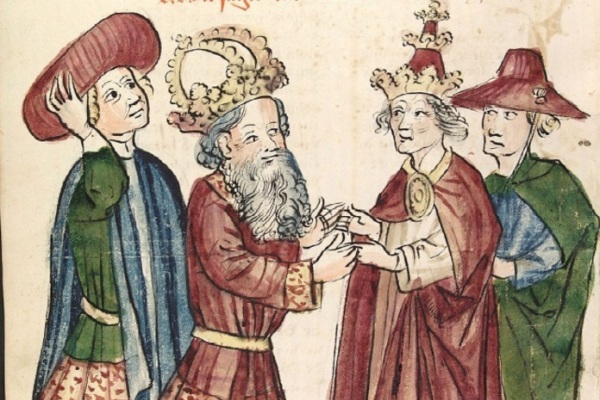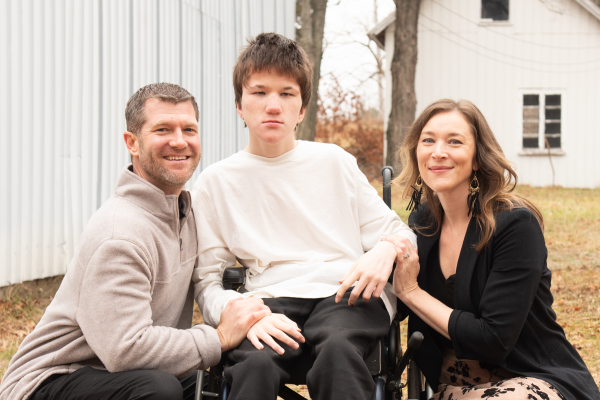Dealing With Miscarriage and Stillbirth

"How old would she be?" If you want to bless a mother this week, learn what this question is all about.
Ten years ago, Julie and Brian Neils eagerly awaited the arrival of their twins, Lauren and Leyton. At 28 weeks, Julie was in the hospital with pre-term labor, but the doctors stopped it and were planning to send her home for bed rest. During the short time the baby monitor was off, Leyton twisted on his umbilical cord and died.
Over the next four weeks, Julie bore a profound grief over her son, even as she worked to bring Lauren closer to term. On the day of their birth, Lauren was alive, but struggling. Julie held Leyton tight in a blue blanket, rocking on a creaking chair and weeping over her lost son.
Like many women, Julie always faces a decision when hearing the question, "How many children do you have?"
While she never tires of remembering her beloved son, she has grown weary of the responses she gets when people encounter her grief over Leyton.
"At least you have other children," they say. Or, "Didn't that happen a long time ago?"
No matter how well-meaning they might be, the response seemed to diminish the value of her son, and it breaks her heart all over again every time it happens.
If you know my wife Suzanne and me, you know how deeply committed we are to life, babies, mothers, and families. That's why I wanted to highlight Julie's story with her permission. Whether it's the emotional scarring from an abortion, the death of a child through illness or injury, or the grievous loss of a baby through miscarriage, we know how important it is to speak the truth about these tragic situations and offer support to those who've lost loved ones.
We also know that Julie is not alone.
The American Pregnancy Center reports that from 10 to 25 percent of all clinically recognized pregnancies end in miscarriage. The true number is undoubtedly higher, since many occur before a woman even knows she's pregnant. And 1 in 160 pregnancies will end after 20 weeks, when they're considered stillbirths, as happened with Leyton.
But stats offer no comfort to those who've lost their child.
Barbara Kingsolver made a point about this in her book, "Animal Dreams," that highlights the routine neglect so many women face.
"A miscarriage is a natural and common event," she writes. "All told, probably more women have lost a child from this world than haven't. Most don't mention it, and they go on from day to day as if it hadn't happened, so people imagine a woman in this situation never really knew or loved what she had. But ask her sometime: how old would your child be now? And she'll know."
Obviously we're concerned about the horrors of abortion and the pain those mothers often feel many years later. But have we, perhaps, neglected those families struggling with the loss of the child they were never able to hold, or nurse, or toss in the air to the sound of delighted squeals?
I'm grateful that people like Julie are sharing their grief and taking steps to honor their children publicly. One way I've seen this is the posting of family photos with the lost children shaded in and surrounding the parents and remaining siblings. It's a touching tribute that reveals, perhaps for the first time, the fullness of that family.
Let's not ignore the pain of miscarriage and relegate suffering families to what my colleague Daniel Weiss calls the pro-life shadows.
Thankfully, we have a chance to offer public support to those who've faced such pain. Every October 15th, people around the world observe Pregnancy and Infant Loss Remembrance Day.
We'll end with a wonderful quote from British author George MacDonald: "… For to have been thought about, born in God's thought, and then made by God, is the dearest, grandest and most precious thing in all thinking."
For more on Pregnancy and Infant Loss Remembrance Day, come to BreakPoint.org and click on this commentary.
This article was originally posted here






















